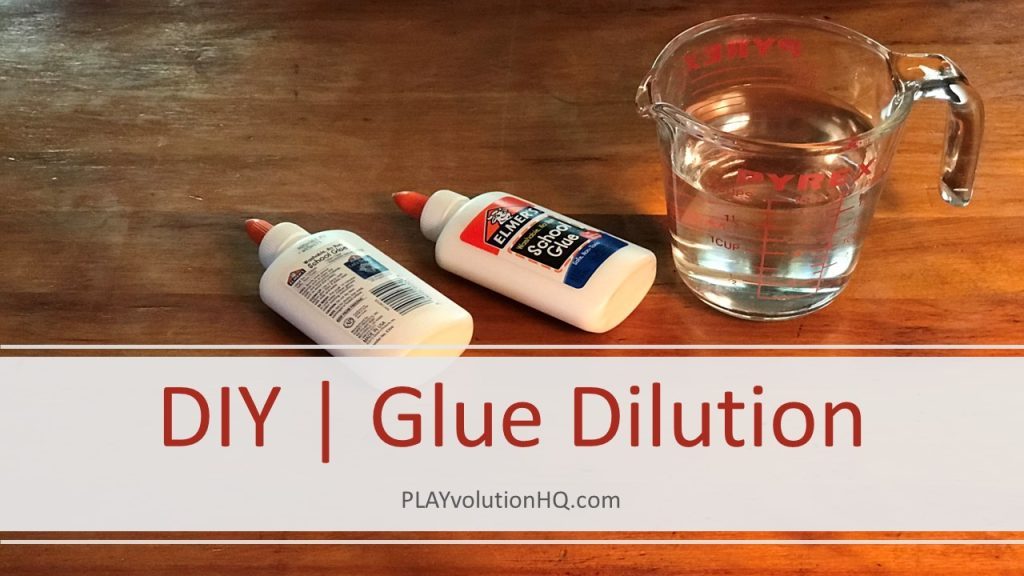
Overview
The benefits of glue dilution with standard classroom glue include extending your supply of glue and expanding the ways glue is used. This post digs into those things and more. Let’s start with a deeper look at why you might want to dilute glue.
Why Dilute Glue?
Here are some reasons to consider glue dilution in your early learning setting:
- Extending glue supply. Kids enjoy gluing and will use a lot of the stuff when given a chance. While glue is not terribly expensive, why not get more bang for your buck? Especially when it’s so easy to do.
- Revitalizing old glue. If you happen to run across a bottle or two of glue that’s gone unused, you may find it has thickened as water has evaporated.–maybe to the point that it has become difficult to squeeze from the bottle. A splash of water can bring it back to life.
- Expanding ways to use glue. Diluted glue can do everything from helping two-year-old Tia successfully squeeze glue from the bottle to helping preserve the raccoon skull that you’ve added to the preschool classroom’s collection of oddities. We’ll look at a variety of ways to expand glue use later in the post.

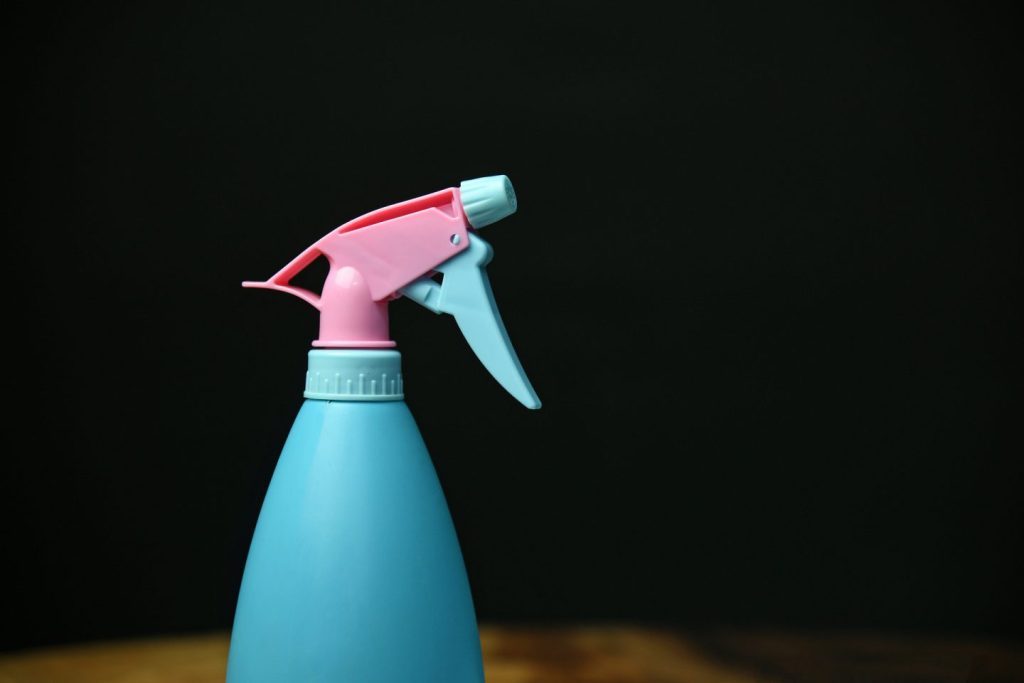
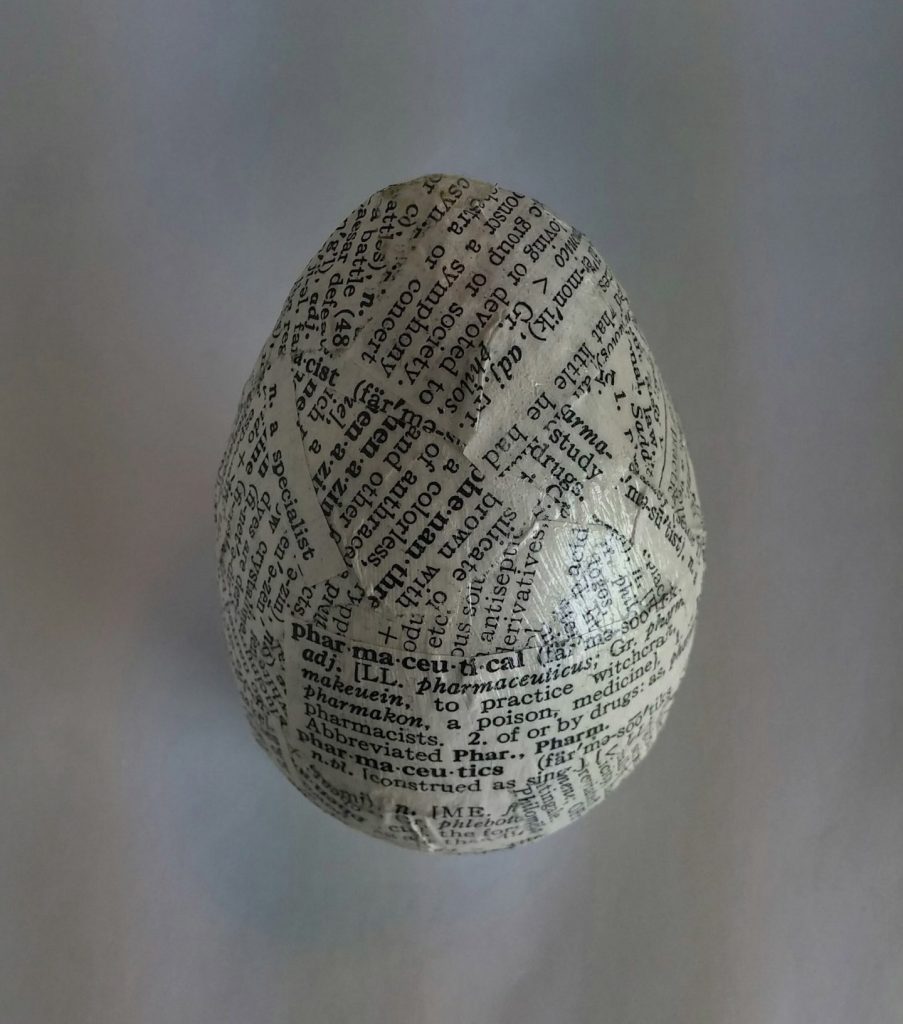
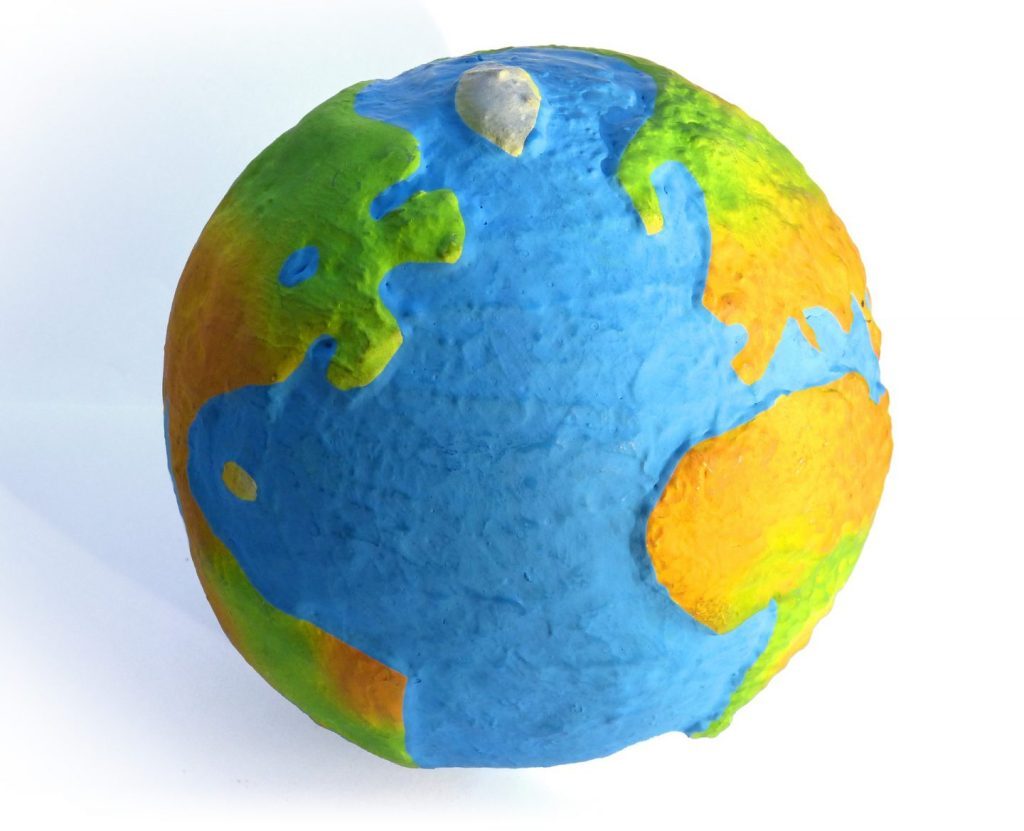
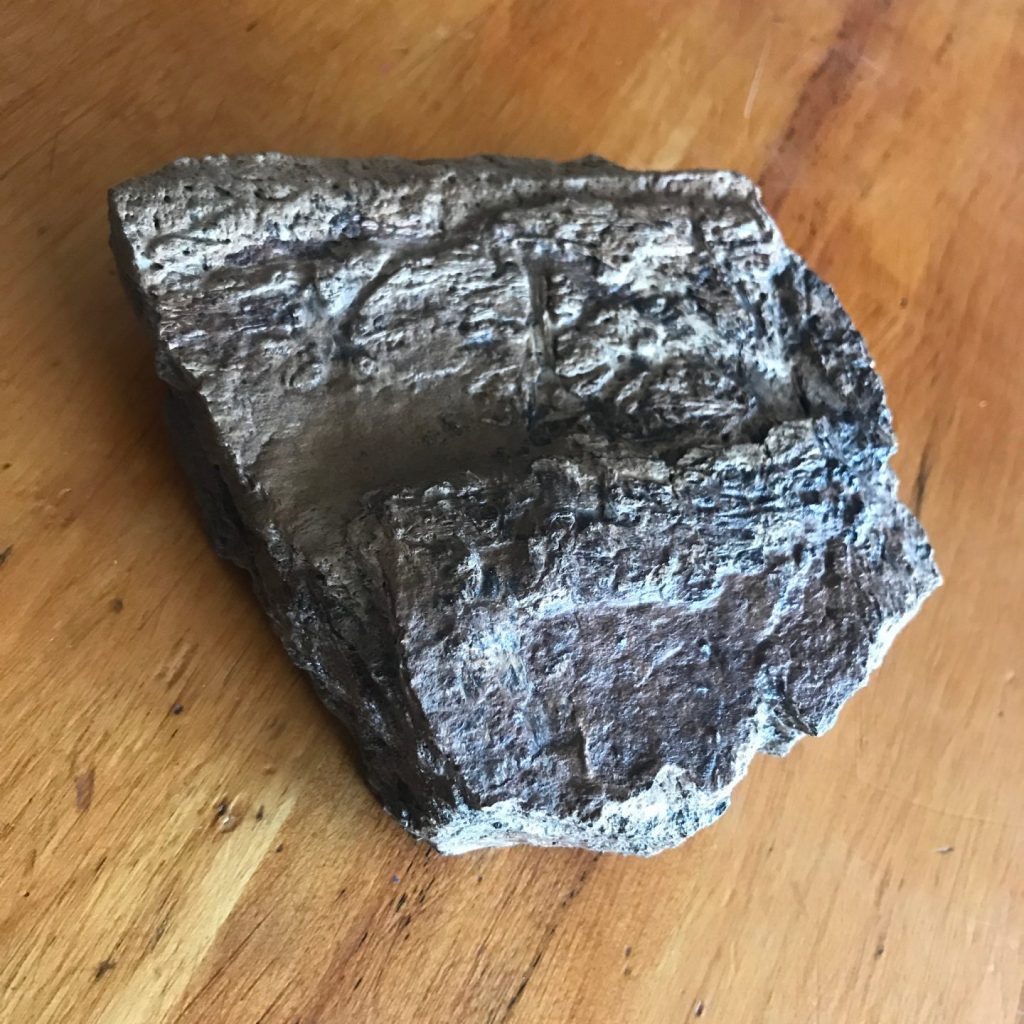
Now, the supplies you’ll need and the basic process.
Supplies
You’ll need:
- Glue
- Water
- Container
- Stirring Stick
- Paper Towels
Process
In some cases, you can do a simple in-the-bottle mix. For example, filling a half-empty glue bottle with water and giving it a good shake results in a 1:1 mixture. Using this method is quick and avoids waste and mess. The downside is that it doesn’t always provide a thorough mixing of the water and glue–although this is not much of an issue in a 1:1 mixture.
Alternatively, you can pour the glue and water into a container, stir thoroughly, and then pour the final mixture into another container if necessary. For many applications the diluted glue can remain in the mixing bowl.
Glue-To-Water Ratio Recommendations
Here are some recommended glue-to-water ratios for different applications. Note that exacting measuring is not necessary, you don’t have to be super-precise to garner successful results. You should also be aware that the age of the glue and current humidity can impact glue dilution. Old glue on a day with low humidity may require a bit more water for satisfactory results.
| Application | Glue-To-Water Ratio | Note |
| Glue Extension | 1:1 | With this ratio, you double your glue supply and the resulting glue is not too runny |
| Easy Squeezing | In the 1:1 to 1:2 range | Adjust the ratio to the hand strength of the squeezer |
| Brushing | Variable | Experiment with different mixtures in the just-adding-a-few-drops-of-water to the 1:1 ratio range |
| Decoupage | 3:1 | Mix at a 2.5:1 ratio for a slightly thicker mixture |
| Sealant/Hardener | 1:1 | This is the ratio we’ve use to harden brittle fossils and bones in our collection of classroom oddities |
| Paper Mache | 1:1 | Diluted glue works well for paper mache projects because it is stronger, less likely to rot than a flour-based paste |
| Spraying | 1:4 | The goal here is to keep the mixture as thick as possible without gumming up the spray bottle nozzle–a 1:3 ratio may work with some sprayers |
Conclusion
If you give glue dilution a try, I’d love to hear (and see) how it goes in the comments section–your thoughts, photos, and questions are always welcome.
For more glue ideas, check out these posts:
Contribute content to Playvolution HQ
Brought to you by Explorations Early Learning
Browse Trainings
Post Author
Jeff Johnson is an early learning trainer, podcaster, and author who founded Explorations Early Learning, Playvolution HQ, and Play Haven.



Leave a Reply